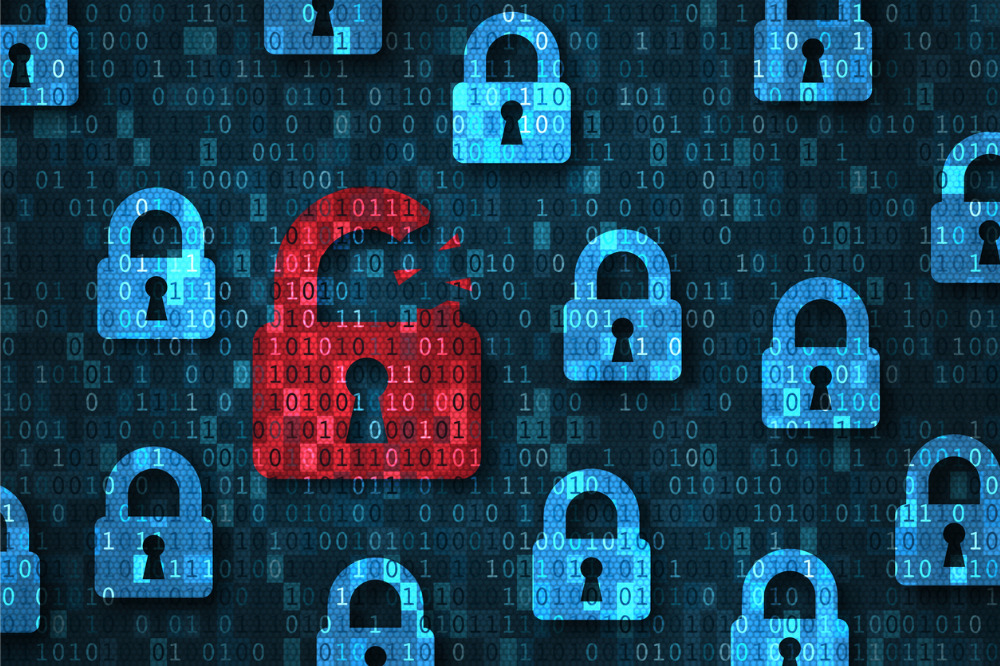Experts offer tips on facing rise in cyber threats

With the continued rise of cyber threats in Australia, experts from cyber security company CyberCX have offered tips on how organisations can protect their businesses.
An article by Open Access Government, which delved into the short-term and long-term effects of cyberattacks, warned that cyber incidents might destroy organisations and put them in a position where they cannot recover – either because they cannot operate as they did before the incident, or they have completely lost their reputation.
CyberCX UK SOC manager Seb Krupowicz and senior SOC analyst Carl Murray said filtering or blocking emails before reaching employees – through IP addresses, domain names, and attachment types, to name a few – can reduce the chances of cyberattacks and the amount of time that employees will have to report potential threats.
Other approaches to facing cyber security threats include:
Backing up company systems and data online and offline. For online backups, the cloud ensures files are accessible at any time and location. For offline alternatives, external hard drives can be used;
Ensuring that the systems are secure and conducting a full internal investigation to identify the full scale of the damage;
Educating the workforce on detecting and reporting potential threats; and
Developing an incident response plan to ensure that the organisation can return to business as usual efficiently.
A 2022 report warned that the cyber environment will become more hostile this year, with cyber criminals packaging ransomware and other malware tools into as-a-service offerings that can easily be used to launch devastating cyberattacks.
A recent report deemed ransomware “public enemy #1” in the cyber space for 2023. Other top cybersecurity challenges this year are intellectual property (IP), automobile hacking, economic challenges, cryptocurrency and ransomware, and data hygiene.





